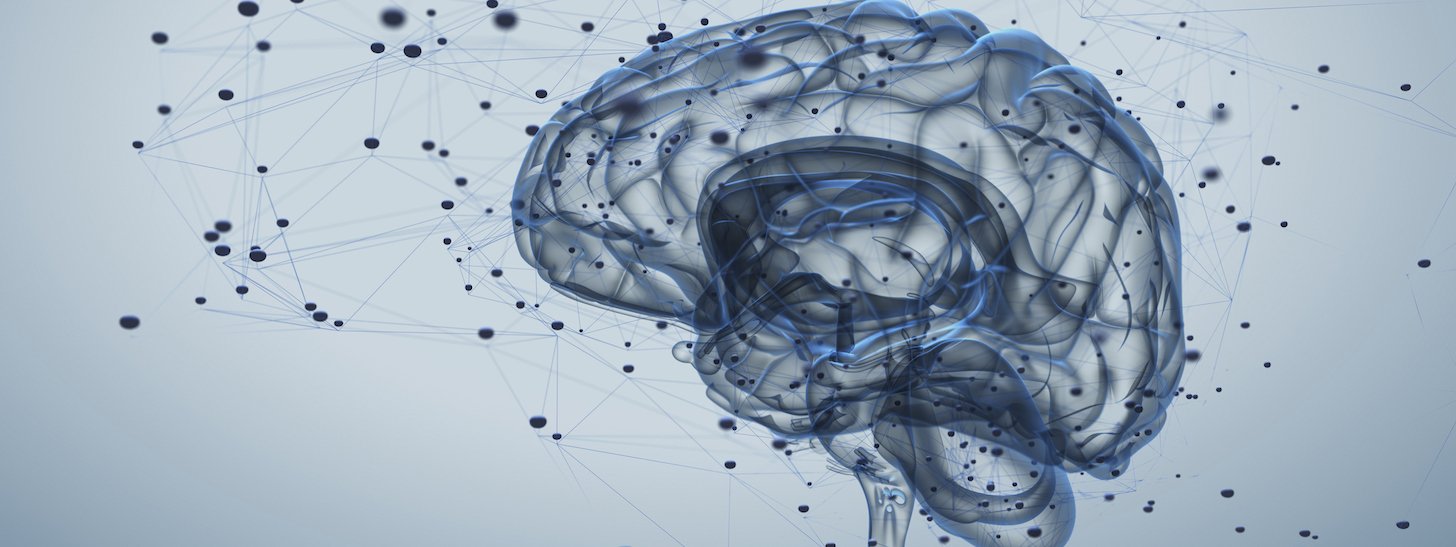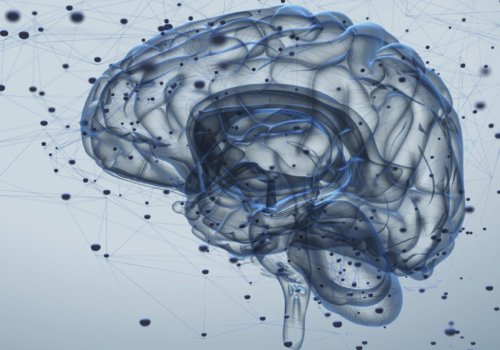
Maintaining Compassion on Diet-Based Migraine Matters
Alan Finkel, MD, FAHS, highlights the need to listen to and support patients with migraine who may be struggling with diet or weight issues
Alan Finkel, MD, FAHS, spoke at the 2018 Scottsdale Headache Symposium about how healthcare providers should address diet in relation to migraine treatment. Watch the full interview here:

It is imperative for healthcare providers to speak honestly with their patients about diet and food triggers, which can be difficult to address in migraine treatment. Changes are ultimately up to the patient, but doctors cannot forget that they need to listen to what patients are saying and maintain their compassion.
“You really want to communicate with your patient, but give them the opportunity to talk about what it’s like,” Dr. Finkel says.
Dr. Finkel says this involves asking patients open-ended questions about how food and diet affect their migraine, allowing them to share their experiences in their own words. He highlights that it’s important to not ask questions that “fulfill the criteria for migraine” while also making sure to check with the patient about their dietary preferences.
“I want to identify the triggers in the context of their conversation with me, and then what I usually do is to sit with them and say, ‘This is what I heard—tell me if I heard you correctly, so that next time we can then start to pick apart those things you can do as a patient,’ or that the patient can do actively without over-medicalizing their life,” he says. “I don’t want them to think of food as a poison. We need to work around some of that.”
A good headache clinician is also going to be aware that the person in front of them is anxious because they may have been judged by their lifestyle before, Dr. Finkel says. He notes that there is advocacy work being done to help clinicians identify unconscious bias against patients who may have a complicating health factor, such as being overweight, that is associated with their migraine.
“I want to support my patients in helping them to believe that they didn’t do anything to deserve this, that it happened to them for one reason or another,” he says. “Then, try to be understanding, because people have real challenges.”


